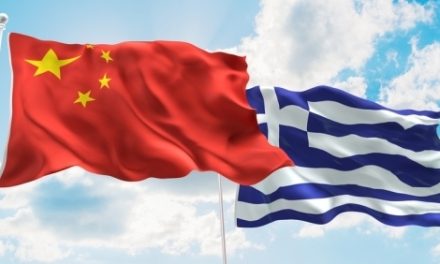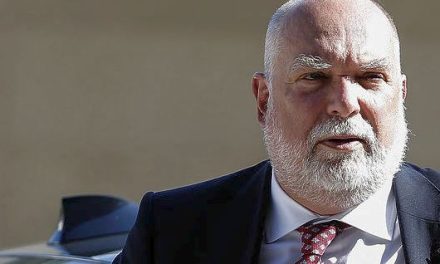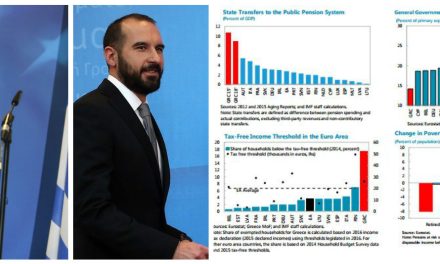In an opinion analysis for Brookings, “The other face of Greece”, Theodore Pelagidis, professor of economics at the University of Piraeus and Michael Mitsopoulos, economist at the Hellenic Federation of Enterprises, argue thatGreece’s economic woes since 2010 have revealed the country’s underlying problems; mainly its inefficient state, large administrative costs and the various rigidities in product and professional markets. Nevertheless, they emphasize that despite the grim reality of things, “Greece constitutes a place with plenty of idle resources that, if mobilized appropriately, could kick start the economy”.
The authors, who initially discussed the paradox of the Greek economy in their book “Understanding the Crisis in Greece: From Boom to Bust” (Palgrave, 2012) and attempted to explain the Greek economic crisis from beginning to end in “Greece: from Exit to Recovery?” (Brookings Institution Press, 2014), are also arguing in their upcoming book “Who’s to Blame for Greece? Austerity in Charge of Saving a Broken Economy” (Palgrave, 2015) that the pathologies of the Greek economic crisis are inextricably connected to the economic disadvantages which are characterizing the Euro area’s economy.So what about “The other face” that Greece needs to promote? Pelagidis and Mitsopoulos insist that the country needs to send a message to the global investment community that it is “ready to welcome them”. Τhere are huge investment opportunities in many sectors, namely the energy sector, research and technology, shipping and shipbuilding, as well as the food and beverage and the agricultural sector. But in order for this message to come across, a big barrier needs to be lifted: the reform of the political system and the subsequent efforts to create a functioning state.
TAGS: CRISIS | ECONOMY & DEVELOPMENT












